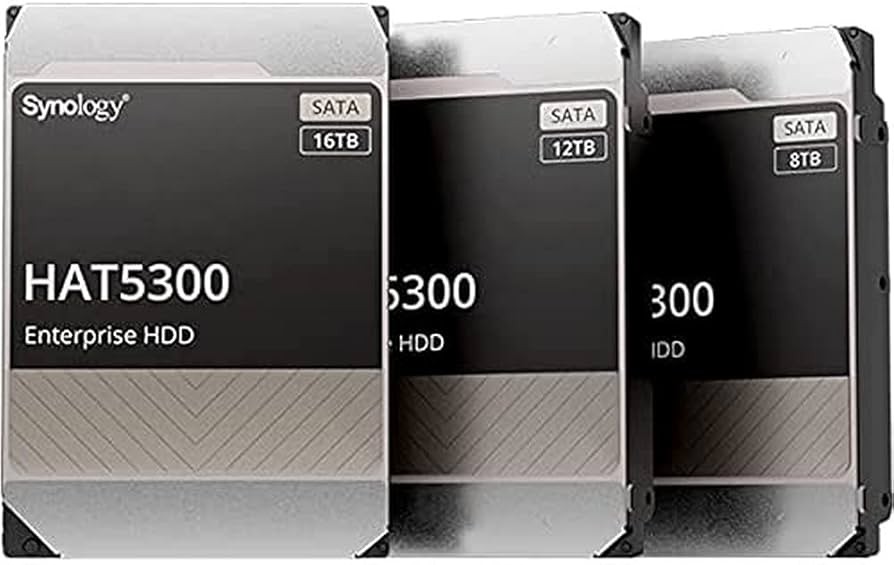
Synology, a prominent NAS (Network Attached Storage) manufacturer, has made a controversial decision that may alienate many users. According to recent reports, the company plans to lock its upcoming 2025 Plus model NAS units to only work with Synology-branded hard drives, raising concerns about user choice and data security.
The move represents a major shift in Synology's approach, as their NAS devices previously worked with various hard drive brands. Under the new policy, using non-Synology drives will disable key features like volume-wide deduplication, lifespan analysis, and automatic firmware updates.
This decision appears primarily driven by profit margins rather than technical necessity. Synology does not manufacture hard drives - they likely rebrand drives from major manufacturers. This makes the restriction particularly puzzling, as users will be forced to buy potentially more expensive Synology-branded versions of drives that are essentially identical to standard models.
The limitations create practical problems for users. Synology's current drive lineup only goes up to 16TB, while competitors offer 26TB drives. This means an 8-bay Synology NAS would max out at 128TB raw capacity, compared to 208TB possible with other brands.
Availability presents another major concern. When a drive fails, quick replacement is critical for data security. While standard NAS drives from manufacturers like Western Digital, Toshiba, and Seagate are widely available with next-day delivery, Synology's branded drives often have multi-week lead times.
The long-term implications worry many users. If Synology discontinues certain drive capacities or faces business challenges, users with locked NAS units could struggle to find compatible replacement drives. This vendor lock-in creates unnecessary risk for customers who invest in Synology's ecosystem.
Industry observers note that this move, combined with Synology's aging hardware designs, makes their NAS solutions increasingly difficult to recommend. While the company's software remains well-regarded, the artificial limitations on drive choice may push users toward more open alternatives from competitors like QNAP and TrueNAS.
Unless Synology reconsiders this restrictive policy, the company risks damaging its reputation among both home and business users who value flexibility and long-term reliability in their storage solutions.